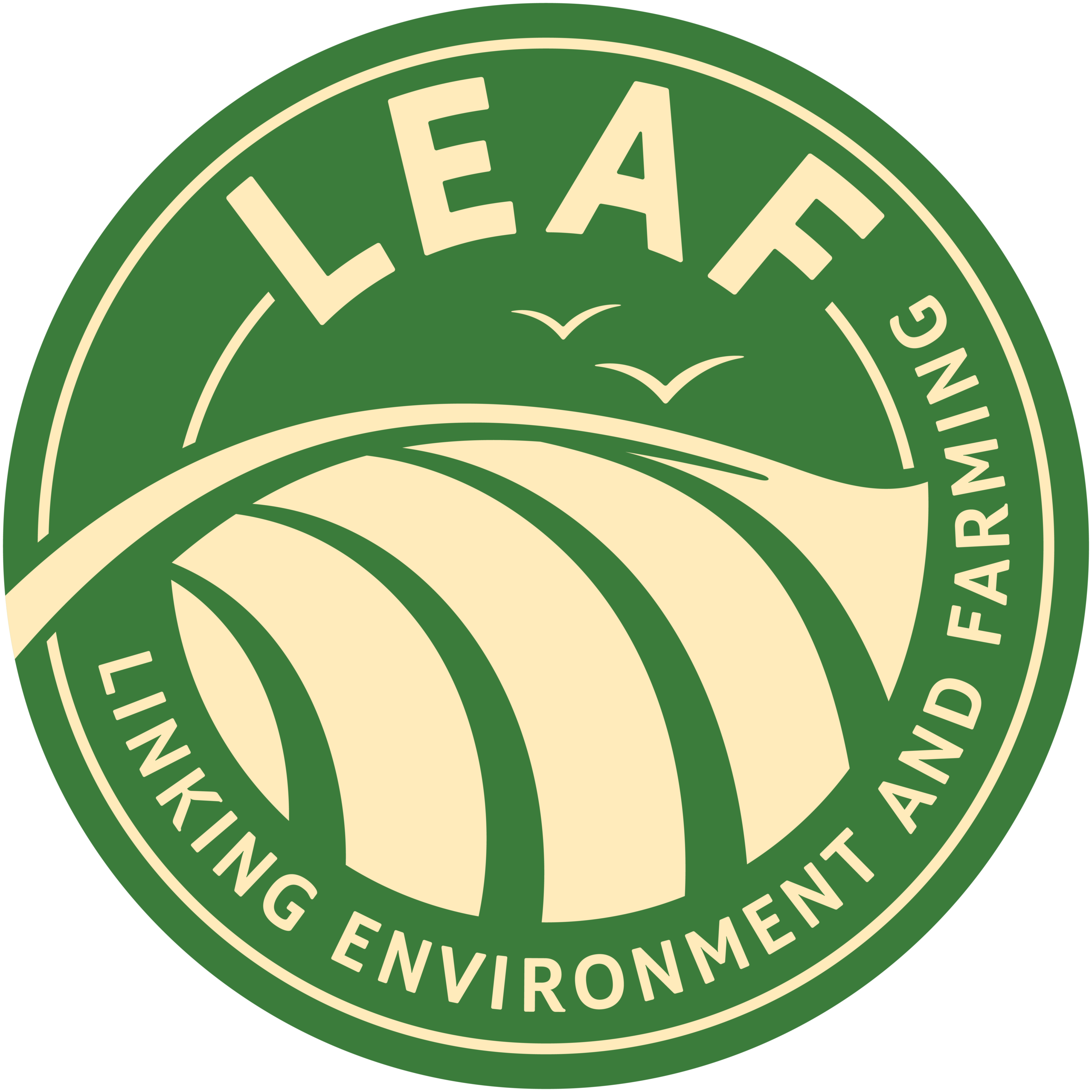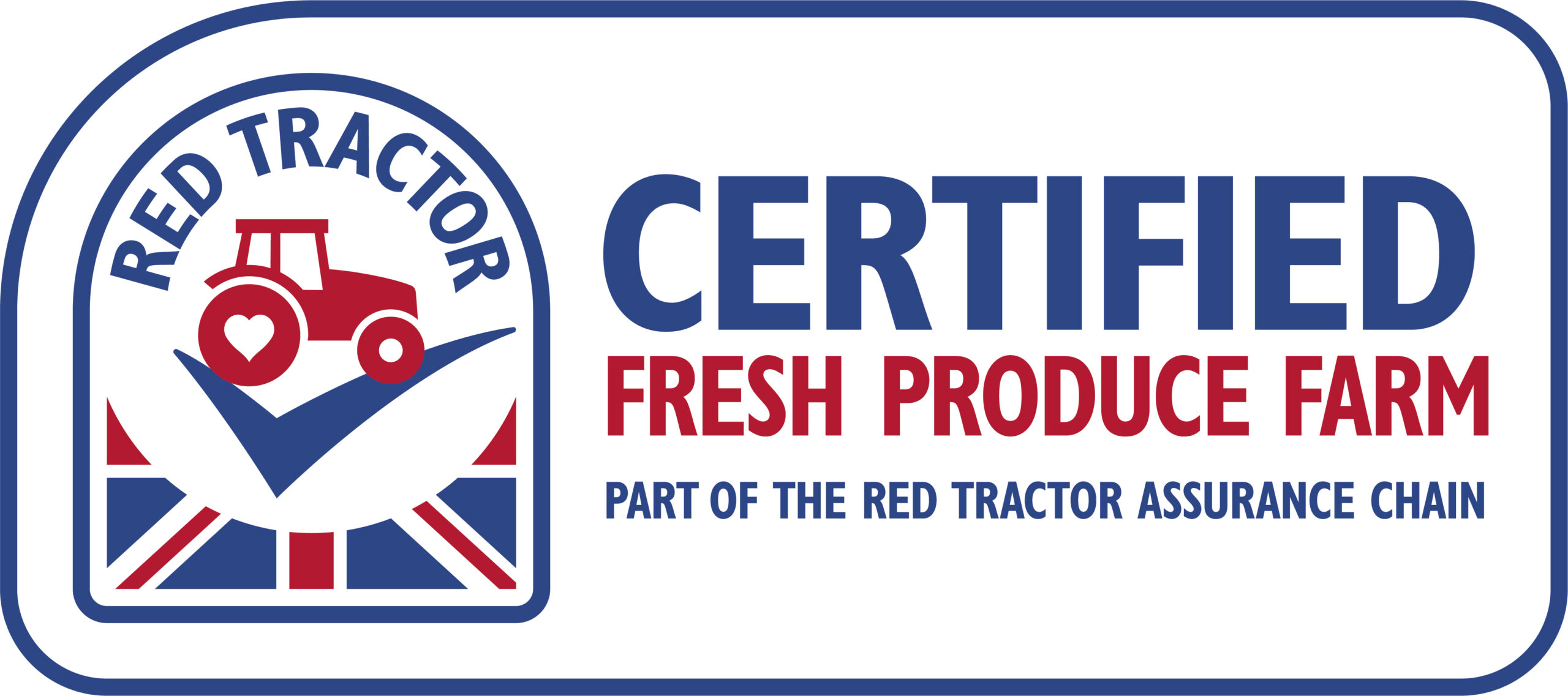Environmental Performance
With the expansion of our agricultural operations, we recognise the impact we have on the environment. This is why we have outlined strategies for addressing environmental challenges across five different areas.
Energy and carbon footprint
Our core aim is to become Carbon neutral by 2030. To achieve this, we have:
- Established a detailed monitoring programme of our current energy consumption and related GHG emissions
- Started the transition to renewable energy
- Maximised energy efficiency by using energy saving measures, supported by technological tools
- Reduced supply chain emissions
- Increased soil carbon sequestration
- Considered using carbon offsetting as a potential short-term resource only
Water stewardship
Water is a crucial resource for an agricultural company like ours, as we rely on it for our production processes. Some of our production sites are also located in semi-arid regions, where droughts pose a real threat.
Commitment to responsible water management and mitigating potential risks associated with water scarcity, are essential aspects of our environmental strategy. Therefore, we are committed to:
- Having an up-to-date assessment of our farm water resources and a management plan according to the status of those resources
- Reducing our water consumption and increase the overall efficiency
- Promoting the quality of the water in our ecosystems
- Maximising water re-use and recycling
Recent Success Story: Water recirculation system
At our A-de-Mateus farm in Portugal, a runoff water harvesting system was implemented, aiming to capture 100% of the rainwater runoff, which represents 20% of irrigation needs. In 2022, this site used 432,000 m3 of water for irrigation. With the implementation of this water reuse and recycling system, ADM is projected to save a significant amount of water each year (around 85,000 m3). Furthermore, this system is expected to have a positive impact on the environment by decreasing the demand for freshwater resources.
Landscape ecosystem and biodiversity management
Maintaining a healthy and diverse ecosystem is essential for the long-term health and productivity of agricultural land, as well as for the preservation of natural habitats and species. In this context, assessing current land use practices is an important step for our company to identify potential improvements and develop strategies for enhancing biodiversity and sustainability.
Some key objectives we have set regarding ecosystem and biodiversity management include:
- Constant monitoring of the ecosystem health, practices and infrastructures
- The development on an ecosystem management plan
- Engagement with stakeholders
Recent Success Story: Biodiverse production systems
Our farms are complex, resilient ecosystems where many different types of plants thrive. We let vegetation grow within our crop environment, which encourages different forms of life, including auxiliary organisms that help us in the fight against pests.
The action of these friendly predators prevents infestations and allowed us to reduce the use of pesticides by 70%.
Our dedicated nursery is used for propagating plant species beneficial to biodiversity.
- Hedges serve as an important habitat and food sources for pollinators and other wildlife.
- We incorporate native flowers into every crop row. Native flowers provide essential habitat and food sources for pollinators and other wildlife, and they can help to improve soil health by attracting beneficial insects and microorganisms.
- Companion plants, part of as cover crop mixes, are another essential tool for promoting biodiversity and enhancing soil biodiversity health.
- We implement no-till agriculture on 100% of our cropland. This practice helps to reduce soil disturbance and erosion and can lead to improved soil health and productivity over time.
Supply chain sustainability
The sustainability of our supply chain plays an important role in the sustainability of our organisation. When working with partners and suppliers, we need to ensure they follow sustainability standards that align with our corporate sustainability goals. This urges us to:
- Continuously monitor our supply chain
- Follow the pre-defined sustainability standards for our supply chain
- Support suppliers via training programmes
Waste reduction and recycling
We minimise waste and have implemented circular economy solutions for waste management, which means we:
- Recycle and divert waste from land field
- Manage potentially hazardous waste and electronic waste
- Divert organic waste from land fields
- Promote a circular economy by designing products for reuse, recycling or remanufacturing
- Engage with stakeholders to promote responsible waste management
Recent Success story: Zero Fruit waste target achieved in Portugal.
All the berries that are in good condition but do not meet market standards are sent to the wholesale market where they are transformed into various kinds of products or given to charity.
Find out more about our social commitment






